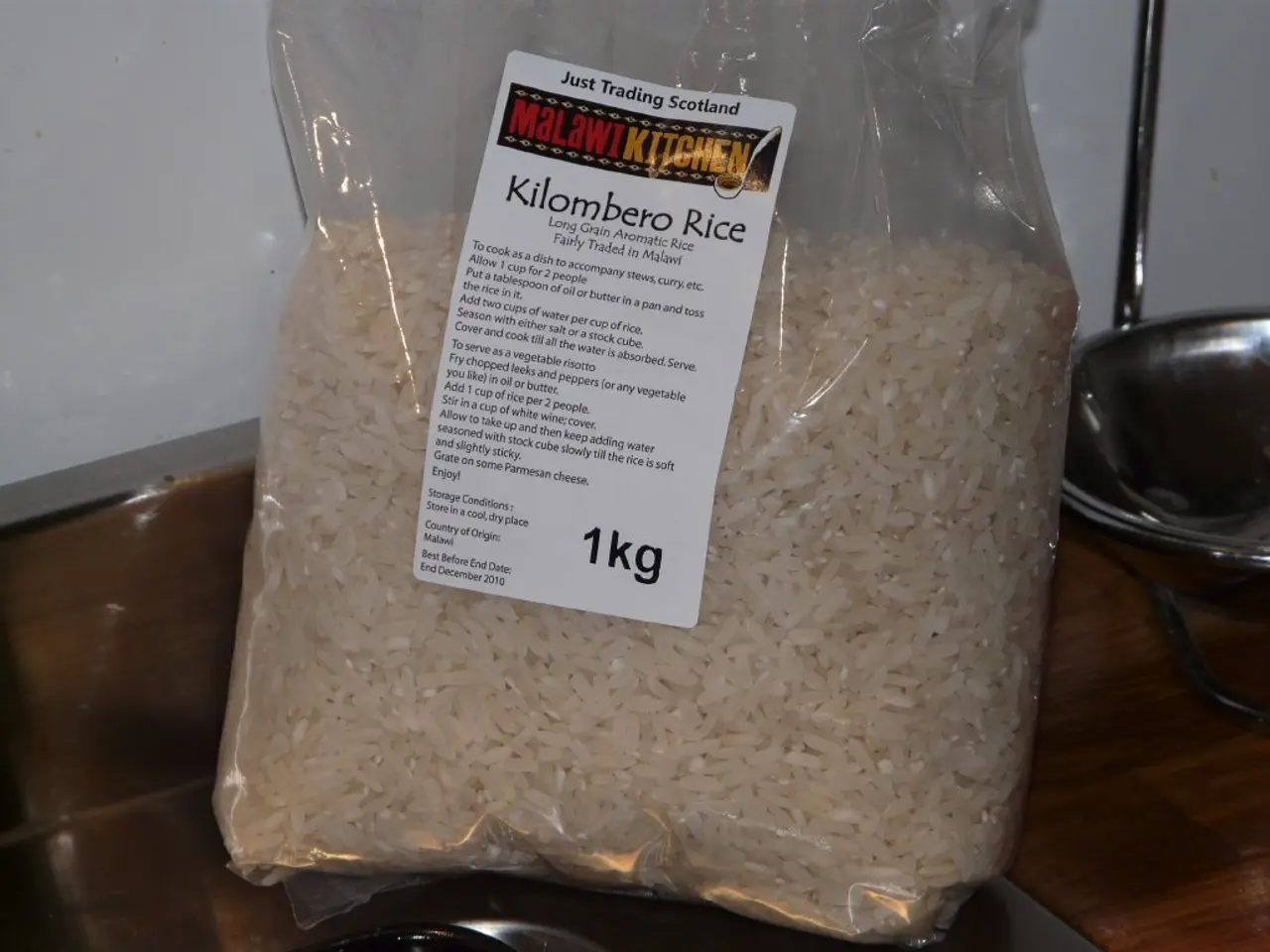Government officials and canola industry representatives gather to debate potential trade barriers with China due to fresh tariffs
Canadian Canola Producers Face 75.8% Tariff as China Continues Investigation
China imposed a temporary 75.8% anti-dumping tariff on Canadian canola seed starting August 14, 2025, as part of an ongoing investigation into Canadian canola exports to China initiated in 2024. This tariff is preliminary and may be adjusted after China's investigation concludes, possibly by September 2025, with a potential extension of six months.
The Canadian government strongly opposes this tariff, arguing that Canadian canola producers adhere to rules-based trade and that the tariff lacks justification since actual dumping (selling below domestic prices) is unlikely to have caused the level of damage China claims. Ottawa and industry leaders condemn the tariff as unfair and damaging, as it effectively closes the Chinese market—Canada’s second-largest for canola exports valued at nearly $5 billion annually.
In response, Canadian federal and provincial governments, including Agriculture Minister Heath MacDonald and Saskatchewan Premier Scott Moe, have convened with industry representatives to coordinate a response. This includes seeking fair market access and constructive dialogue with Chinese officials to resolve the dispute, exploring support options for producers through business risk management (BRM) programs, pursuing diversification of export markets to regions such as the European Union and Southeast Asia leveraging trade agreements like CPTPP and CETA, and implementing insurance programs and infrastructure upgrades to cushion the economic impact on heavily affected agricultural regions, particularly Saskatchewan, which produces 55% of Canadian canola.
The trade dispute is also linked to Canada’s 100% tariff on Chinese electric vehicles, which initiated China’s retaliatory tariffs on Canadian canola products starting in 2024. With the new tariff on canola seed, essentially all major canola products now face Chinese duties.
Conservative MP Michelle Rempel Garner stated that the tariffs are "completely avoidable" and require an immediate response from the federal government. The canola industry is urging swift action by Ottawa, warning that the proposed tariff could effectively close off the $5-billion market to Canada.
The probe was instigated in response to Canada's 100% tariff on Chinese electric vehicles. Dumping, a trade practice where exports from one country flood a foreign nation's market with goods at prices lower than their domestic cost, hurting local industry, is denied by Canada with regards to canola exports to China.
The report, co-authored by Nick Murray and Jeremy Simes, was first published on August 13, 2025, by The Canadian Press. Agriculture Minister Heath MacDonald and International Trade Minister Maninder Sidhu are scheduled to meet with the Canola Council of Canada and the Canadian Canola Growers Association.
As of late August 2025, the 75.8% tariff remains in effect, China’s investigation is ongoing, and Canada’s government is actively working on both diplomatic and domestic measures to support growers and seek resolution.
- The 75.8% tariff imposed by China on Canadian canola seed, part of a wider dispute over business and trade between the two countries, is causing significant concern within the finance and general-news industries.
- Meanwhile, the tariffs have sparked a call for immediate action from the Canadian government, with politicians like Conservative MP Michelle Rempel Garner urging swift response to protect the country's agriculture industry.
- As the investigation continues, Canadian officials, including Agriculture Minister Heath MacDonald and International Trade Minister Maninder Sidhu, are actively engaging in politics and negotiations with Chinese counterparts to re-establish fair market access and resolve the dispute, while also exploring diversification of export markets and implementing support programs for affected industries.




